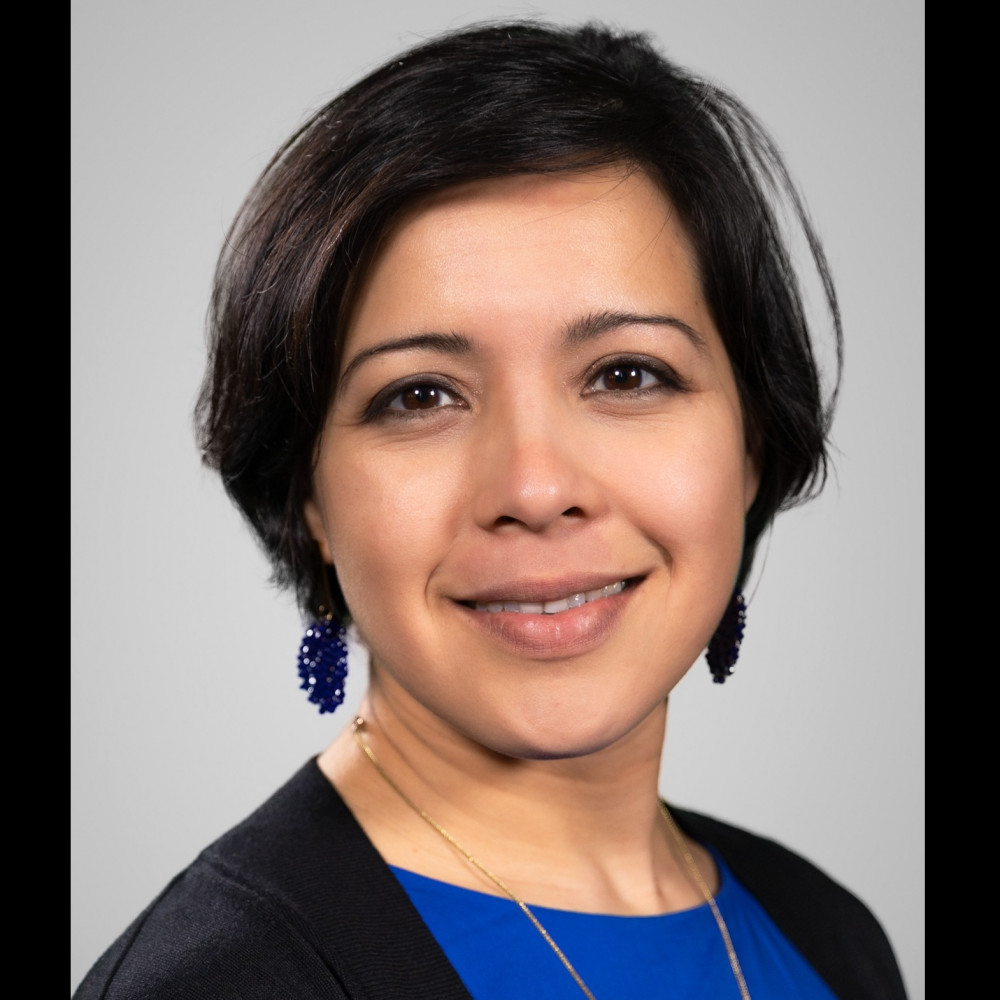Speakers
‹ Back
Dr Yensi Flroes Bueso
Co-Chair, Global Young Academy
CV
Yensi is a Marie-Curie Postdoctoral fellow at the Nobel prize awarded Institute for Protein Design, University of Washington and CancerResearch centre, University College Cork. Her research employs state-of-the-art computational protein design tools to generate de novo proteins for cancer therapies and beyond.
She is an independent and highly accomplished early-career researcher who has secured highly competitive international funding to pursue and advance her career from its early stages. She has a strong track record of research outputs, including publications, patents, and presentations .
Yensi is also a social entrepreneur, having led multiple successful start-ups, including an Irish diagnostics firm and the first molecular biology research lab at her school in the National University of Honduras.
She is committed to diversity, inclusion, and equity in research, which she advocates for through her leadership positions in international science organisations. She is current Co-Chair of the Global Young Academy and previously served on the steering board of the Coalition for Advancing Research Assessment.
Abstract
Abstract:
My talk will focus on research assessment practices for career progression at a Golbal Scale. Drawing from a stududy perfromed with colleagues at GYA where we analysed promotion policies from academic institutions and goverment agencies across 121 countries, I will highlight structural differences between institutional and national policies, as well as between the Global North and Global South.
In this study we found, that while quantitative assessment methods continue to dominate, particularly in upper-middle-income countries, they are not universally applied. The tendency of many policies to rely on standardised career paths restricts opportunities for researchers by reinforcing narrow, normative trajectories. These insights call for a reconsideration of conventional promotion practices, encouraging academic institutions, research managers, and policymakers to adopt more inclusive and flexible approaches that better accommodate diverse career paths and foster equity in research progression.